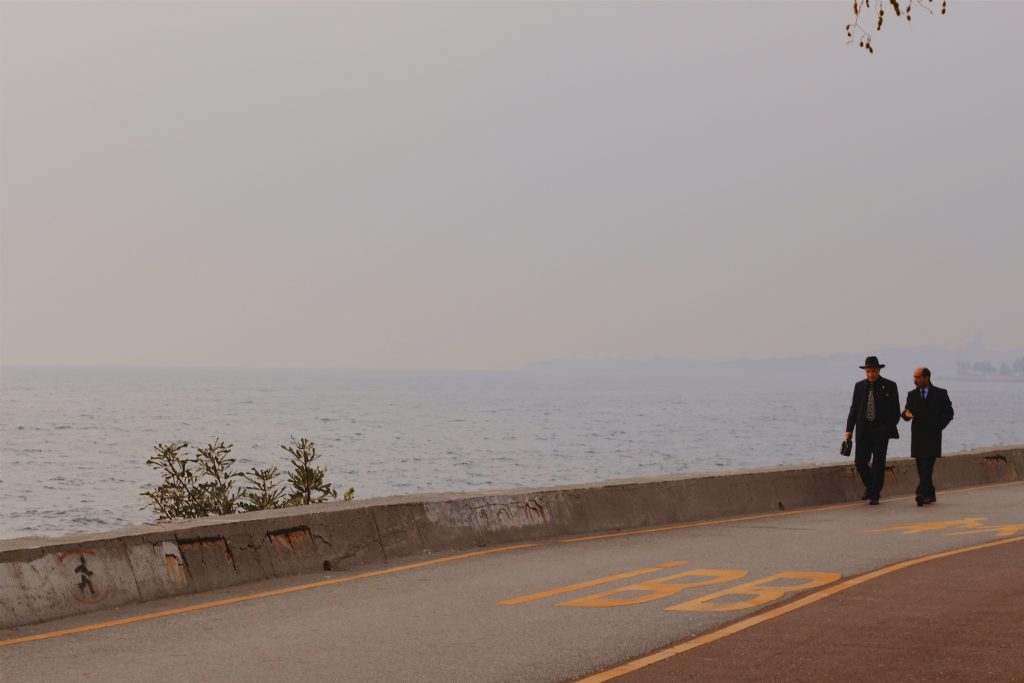Talking And Walking With A Friend Who Has Been Diagnosed With Cancer
Talking and walking with a friend who has been diagnosed with cancer from the perspective of a person who has been diagnosed and treated for breast cancer.
Thanks to Alana Somervile for her article ”What Not To Say to A Cancer Patient” as printed in the Globe and Mail on August 5, 2018 [https://www.theglobeandmail.com/life/first-person/article-what-not-to-say-to-someone-who-has-cancer-and-more-of-our-most/] and for her book “Holding On To The Normal”. Definitely worth while in preparation for a visit to a person diagnosed with cancer.
Several decades ago, when I was a social work intern at The Victoria General Hospital in Halifax, I was asked to meet with an 18 year young man who had been recently diagnosed with acute leukemia and with his family. The service being requested was to take a social history of the patient and family and, since the family lived quite a distance from Halifax, to explore any connections with relatives or friends living in the Halifax area who may have been able to offer support to the patient at this time. Having no idea how to relate to the patient and family and being so overwhelmed with the sadness of the situation, I entered the hospital room and made eye contact with the young man, his parents and his sister. No words would come to me. Speechless, I broke in to tears and left the room.
Just a few years ago, I had an opportunity to talk and walk with a friend who was near the terminal stage of breast cancer. I had travelled from Toronto to London, Ontario, was told that my friend was” having a good day” and was standing outside her hospital room, wondering what in the world to say and indulging in the “no no” question, ”Why her?”. Since her two lovely daughters were young children she, as a single parent, had raised them well, had willingly taken the role of her mother’s primary caregiver and had made significant contributions to her profession. She had recently married a wonderful man and now it would be ‘her time’ – well earned and well deserved. In the midst of this, I heard a voice-her voice. “ BA come in here – isn’t this the pits”. There she was, as always, strong for others. I was given the wisdom to say nothing-just to listen. She told me that she wanted to go home to die – and that that wish had been granted to her. Her family would be there as they could. We talked about our friendship – how we had been thrown together as the wives of university professors, now lifelong best friends. And how, through the few short years we had known each other, we had come to recognize and appreciate what a gift our husbands had given us. Recognizing and sharing our mutual admiration enabled us to share our mutual pain at separation. The gift and the loss- we acknowledged and shared both. It was an intimate and grateful farewell.
May I, as a person who has herself been diagnosed and treated for breast cancer, share what I have learned about talking and walking with a friend who has cancer?
Receiving a diagnosis and being treated for cancer requires a lot of courage. The cancer journey calls up one’s humanity and mortality and suggests the possibility of pain in any area of our earthly experience.
In order to really connect with a friend who has been diagnosed with cancer you need to have the courage to contemplate that journey. Listening may be the first skill required to gain an understanding of how your friend is experiencing the journey. Let yourself feel with your friend, not sorry for your friend. Please don’t forget that the cancer patient is the same unique person with many of the same interests and concerns as before the cancer diagnosis. Maybe your friend has even learned something along the journey which he wishes to share with you. Listen so you don’t miss anything. The journey also summons hope, appreciation and gratitude for each day of health.
All of the above is received and experienced with abundant faith and hope. Treatment methods are continuously improving and are administered by professionals who are truly dedicated and committed to their patient’s health and wellbeing. The statistics are very significantly improving. As the Honorable Jack Layton wrote in his farewell letter “ … there is no better time and place to have cancer.”
In my experience, too, given the many advances in cancer diagnosis, treatment and prognosis, the outcome for the individuals discussed above, may have been different and their lives may have been extended.
Thank you for your concern and courage.

